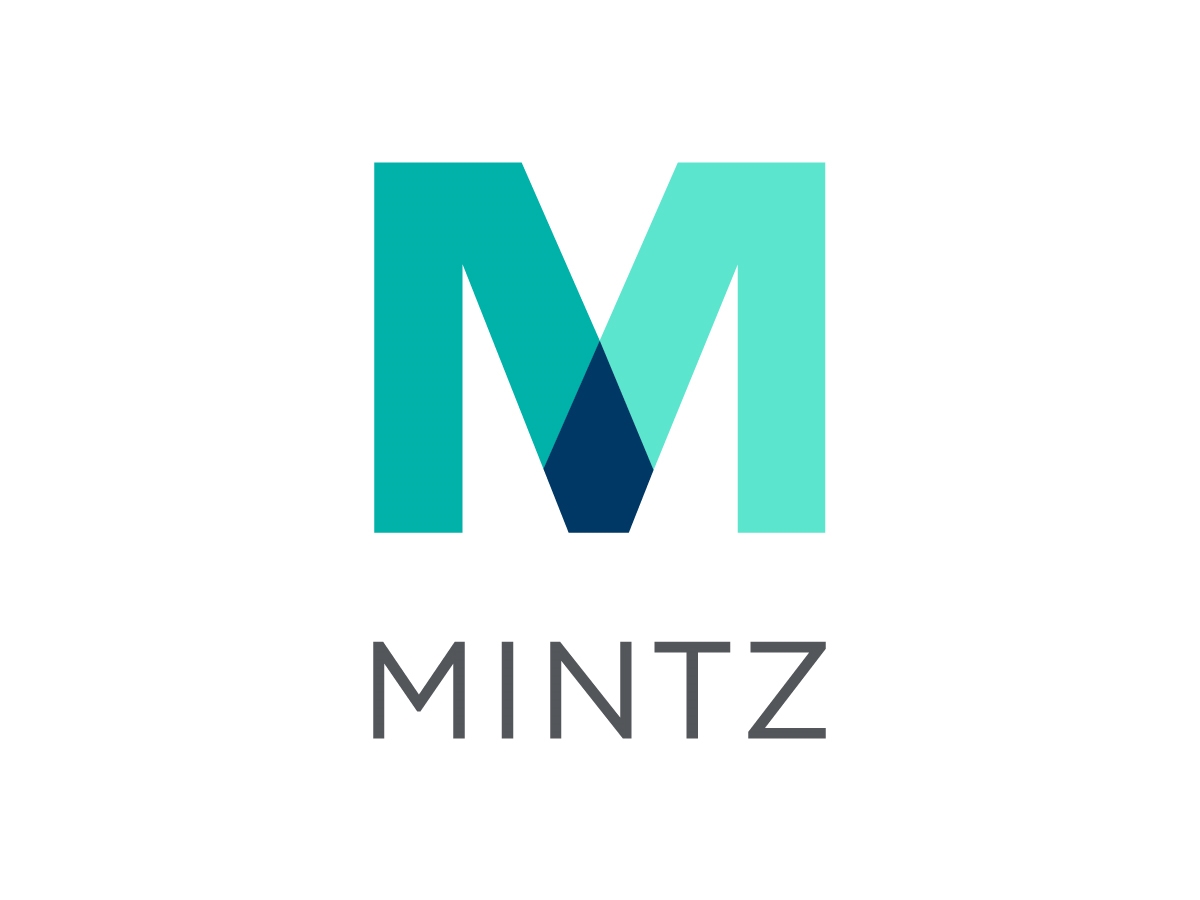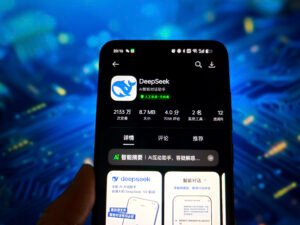House Select Committee Releases DeepSeek Report Amid New AI Chip Export Restrictions by Commerce Department

House Committee’s Report on DeepSeek’s AI Model
On April 16, a bipartisan group known as the House Select Committee on the Chinese Communist Party (CCP) released a significant report concerning the Chinese firm DeepSeek and its artificial intelligence (AI) model. The findings stem from a thorough investigation into DeepSeek’s operations and the implications of its technology on U.S. interests.
Risks Posed by DeepSeek’s AI Model
The report highlights several concerns regarding DeepSeek’s AI capabilities, particularly its potential risks to U.S. technological leadership. The company has been found to use advanced chips from Nvidia, a prominent U.S. semiconductor manufacturer, which are regulated under export controls imposed by U.S. authorities. These controls were first implemented during the Biden administration but were initiated under former President Trump as well.
Key Findings of the Report
The report, titled “DeepSeek Unmasked: Exposing the CCP’s Latest Tool for Spying, Stealing, and Subverting U.S. Export Control Restrictions,” outlines four main findings that underscore serious concerns regarding data privacy, political manipulation, and technology misappropriation:
Data Sharing with China: DeepSeek collects extensive personal data from American users, including their chat histories and typing patterns. The report states that this data is sent directly back to China, raising alarms about privacy and surveillance.
Alignment with CCP Propaganda: The AI model reportedly alters responses to sensitive topics in 85% of cases, reflecting the censorship ideologies of the CCP. This suggests that the technology could be used as a tool for propaganda rather than unbiased information dissemination.
Imitation of U.S. Models: The Committee found substantial evidence indicating that DeepSeek may be using model distillation techniques to replicate U.S. AI models. This method allows them to develop cheaper alternatives, undermining U.S. technological advancements.
- Use of Export-Controlled Chips: The AI model is powered by Nvidia chips that are restricted for export to China, raising concerns that DeepSeek may have found ways to bypass these regulations.
Recommendations from the Committee
To address these concerns, the Select Committee offered two primary recommendations:
Expand Export Controls: The committee urged for stronger export control measures, suggesting increased funding for the Department of Commerce’s Bureau of Industry and Security. They recommended enhancing existing enforcement tactics and providing incentives for businesses and individuals to report any violations.
- Prepare for Strategic AI Advances: It’s critical for agencies to coordinate efforts in promoting AI innovation while preparing for the adversarial use of such technologies. The Committee emphasized the need for vigilant monitoring of AI development in China.
Communication with Nvidia
On the same day as the report’s release, committee leaders reached out to Nvidia, highlighting their concerns about the company’s chips being used by DeepSeek. The lawmakers expressed the need for transparency and requested specific information, including:
- A list of customers in China who have bought Nvidia AI chips.
- Any communication between Nvidia and DeepSeek.
- Contracts involving Nvidia and any Chinese entities restricted by U.S. law.
Nvidia has until April 30, 2025, to respond to these inquiries.
New Export Controls Enforced by Commerce
In early April, new export controls on certain Nvidia chips for sales to China were enacted. These controls require licenses for future exports of these products, with the aim of tightening restrictions initially established under the Biden administration.
Congressional Legislation on Technology Exports
Several legislative proposals aimed at limiting technology exports to China are currently being considered by Congress. These include:
FIGHT Act (H.R. 2246/S. 1053): This act aims to give the Secretary of State authority to restrict AI-related transactions with Chinese companies.
Decoupling America’s AI Capabilities from China Act of 2025 (S. 321): This legislation seeks to prohibit the import and export of AI technologies between the U.S. and China, along with restrictions on U.S. investments in Chinese AI research.
- China Technology Transfer Control Act of 2025 (H.R. 1122): This would grant the President powers to control the export of sensitive technologies, including AI.
These proposed laws have gathered bipartisan support, although further developments are anticipated following the forthcoming AI action plan from the Trump administration.
As these discussions unfold, it remains critical for stakeholders to stay informed about regulations and ensure compliance in the face of evolving technology and geopolitical landscapes.






